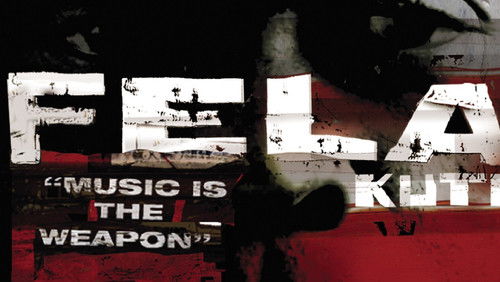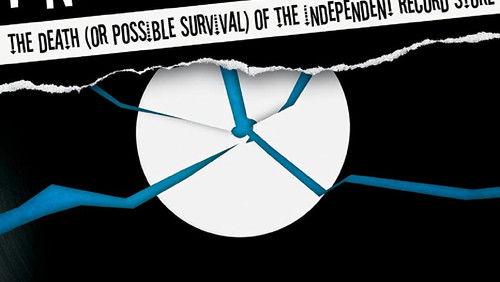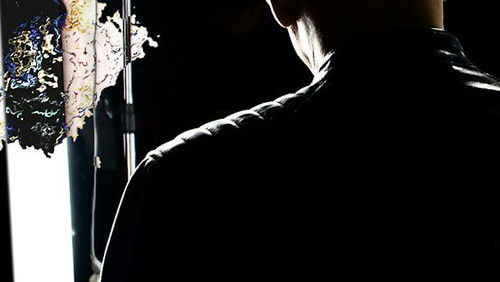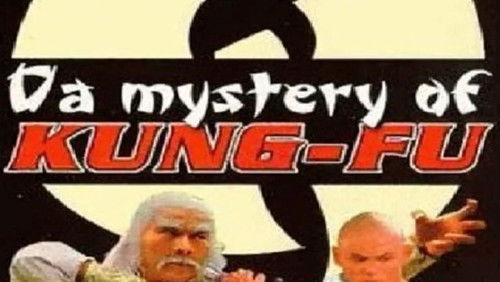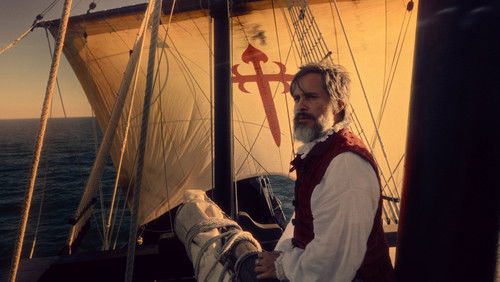Joe Strummer: The Future Is Unwritten (2007)
40KJoe Strummer: The Future Is Unwritten: Directed by Julien Temple. With Brigitte Bardot, Julian Bennett Holmes, Bono, Steve Buscemi. As the front man of the Clash from 1977, Joe Strummer changed people’s lives forever. Four years after his death, his influence reaches out around the world, more strongly now than ever before.
“Joe Strummer: The Future is Unwritten is maybe the first time one has seen a documentary done a u0026quot;punk rockeru0026quot; like this, where itu0026#39;s a story of the ups and downs and valleys and little peaks for a rock star done in the style of Eisenstein caught in the midst of a room covered with punk garb and an assistant with a mohawk. It mixes archival footage, interviews, movie footage from Animal Farm and 1984, Peter Cushing movies and Raging Bull, as well as a kind of loose structure formed out of u0026#39;London Callingu0026#39; radio clips that Strummer did with his own music choices for his audience, and itu0026#39;s a mix that the suits the director wonderfully. His previous film was a revisionist take on the Sex Pistols- maybe the masterpiece of punk-rock docs, the Filth and the Fury- and the Future is Unwritten comes just as close to the subliminally, anger, trouble, and creative spirit that went with its subject matter.u003cbr/u003eu003cbr/u003eCan anyone completely know Joe Strummer? Probably the same could go for Bob Dylan, who also has a movie about him out now that stretches the boundaries of cinema in Iu0026#39;m Not There. Temple raises questions for the fans of the Clash who mightu0026#39;ve not known certain things; that Strummer could be a very generous front-runner to the fans that needed help, and could also get p-od if his audience wasnu0026#39;t in some check with himself (or rather that they could be connecting with the audience and not some abstract rock-blob, which they feel they become by the time of Shea stadium); that towards the end of the Clash it was just Strummer and his management team (!); that Strummer anguished for the better part of a decade over how his career would go- this part I did know- that he went into some movies, made a horrible effort to get out of his record contract, and drifted in the tide of experiencing whatever for inspiration. His tale is more enigmatic than most, but as any artist he was many things at any time: moody to a fault, pushy, pleasant, quiet, frustrated, quixotic, and always with ideas that could come from anywhere, from Central American rebel uprisings to his walk from one place to another.u003cbr/u003eu003cbr/u003eIt is, more often than not, a sad film, probably more-so than the destructive tome on the Pistols, because Temple brings up many u0026#39;what-ifsu0026#39;, and a lot of the loneliness that could encompass Strummer (i.e. the scene when heu0026#39;s recording for days on end by himself in the studio shows him frayed and frazzled, as he sometimes appears in interviews too) and carried around him with, as any major rock and roll personality has, a rotten past and family history (father, brother, et all). But all those moments when Temple gets the audience to really feel the weight of the fact that such a man has been gone for good for five years now, he also reminds us brilliantly what he DID accomplish. There is a mark left from him, on his fans and on his loved ones and on the likes of Bono and Scorsese and (as funny as it is to see him Jack Sparrow-ed up) Depp, not to mention practically any *good* punk band.u003cbr/u003eu003cbr/u003eStrummer was a thinking-manu0026#39;s punk, one whou0026#39;s lyrics could be taken into context of political and social significance, and had the stamina- along with his rowdy band-mates- to try and do what few rock bands could ever do: make a significant impact on consciousness, as if it were intuitive to do so. That they were eclectic didnu0026#39;t hurt either (even if, arguably, the Clash were more significant than the Mescaleros could ever be). And, in the end, the Future is Unwritten is mandatory viewing for anyone who gave a g*damn about the Clash or about the progression of the creative forces that started, actually, in folk and hippie music, progressed through punk, and went back out again into techno and, gasp, hippies and punks combined! Itu0026#39;s daring for whatu0026#39;s in-between the lines of the typical rock and roller story, and how Temple and his team make one of the best edited films of the year.”
